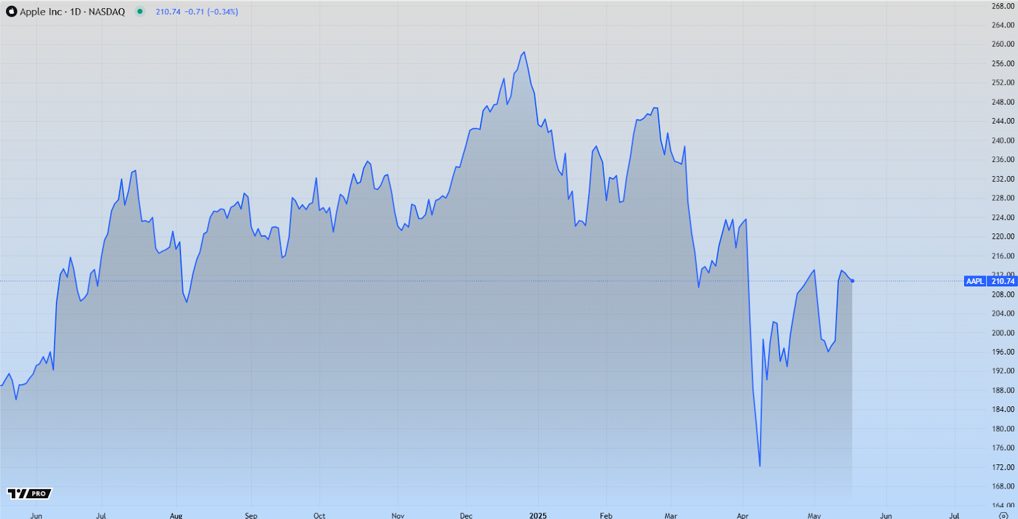Most people do not have the faintest idea about the Human Resource (HR) department and the various cogs in their machine. They also do not recognize the role of HR in growing organizations. However, any organization that is aiming for growth and increased productivity understands the importance of HR. If you are considering getting into the world of HR, there are a variety of positions you can opt for. However, this article is a gist of two integral parts of the HR department – HR manager and HR coordinator.
HR Coordinator
An HR coordinator acts as a representative of the HR department and helps take care of the HR programs and the way the department functions. HR coordinators are the subordinates of the HR director or the HR manager and play a critical role, especially in relatively large HR departments, since their responsibilities include addressing the issues that employees have, organizing orientations, coordinating essential HR functions like employee training, and so on.
What are the functions of an HR Coordinator?
You can expect an HR coordinator job description to include the following duties and responsibilities:
- Solving benefits-related issues
- Handling HR processes
- Sanctioning plans for employee welfare and health
- Serving as a link between employees and insurance providers
- Addressing employees’ queries and concerns
- Assisting with new hire recruitment
- Handling benefits, payroll, and a variety of other HR programs and making suggestions for improvement
- Assisting with the reviewing of the employee’s performance and termination processes
Types of Coordinators
Large organizations tend to use different types of coordinators to maximize their productivity. Here are the primary types of coordinators in the HR department:
Recruiting coordinators
These coordinators are generally found in relatively larger corporations. They are in charge of taking care of the corporate’s staffing and recruitment requirements.
Recruiting coordinators are primarily responsible for developing effective strategies for recruitment so that they have no problem accomplishing their staffing needs. Doing so involves a plethora of tasks. Some of them are:
- Meeting and working with department managers to formulate specific plans for recruitment
- Strengthening their relationships with university placement offices
- Conducting and attending career fairs to get potential new hires
Training Coordinators
Training coordinators are in charge of evaluating training needs, coming up with a curriculum, and in turn, training courses for the same. They are also expected to assess the current employees and new hires and gauge their progress after training.
Employee Benefits Coordinators
These coordinators are in charge of handling employee benefits programs, pensions, and so forth. These are some of their daily responsibilities:
- Doing benefits orientations
- Processing of claims
- Making sure employee files are accurate
- Keep track of status reports and changes in pay
Human Resource Manager

An HR manager is known to handle company operations as per company needs that are changing continuously. An HR manager is expected to supervise the process of new hire interviewing and recruitment, in addition to developing strategies alongside senior officials to make sure the company experiences substantial growth and serving as a link between the company management and its employees.
What does an HR Manager’s Job Description look like?
You can expect to find the following responsibilities in an HR manager job description:
Maintaining Work culture
An HR manager is expected to maintain an environment and work culture that propels growth and productivity, which means that employees need to feel safe and supported to work at their highest levels.
Recruitment of Employees
This is one of the primary responsibilities of an HR manager. The HR manager needs to put strategies in place, so that workforce demands are handled. The employment manager may be responsible for monitoring a few new hire candidates. However, it is up to the HR to drum up was to recruit and keep employees that show potential.
This can be done in many ways. For instance, the HR manager can implement cross-training and introduce incentives to give employees an extra push.
The management of payroll
HR managers are responsible for making sure that the employees receive their salaries, benefits, and so forth on time. They must make sure that the payroll management process is transparent.
How to become an HR Manager?
If you have decided that you want to take on the role of an HR manager, here’s how you can improve your chances of landing the position.
- Make sure you get a Bachelor’s degree because degrees are often used as filters to weed out most candidates from the ones companies want. You can further your chances of getting through by getting a degree in organizational behavior or HR.
- On-the-job experience is incomparable. Regardless of the kind of qualifications you may have to your name, nothing is valued as much as your experience on the job. In other words, spend time working in the HR department, gain experience, and master the nuts and bolts of HR to boost your chances of being given the role of an HR manager. Experience is vital because HR managers are expected to have excellent management skills, which means that you will have to be an excellent problem solver who is capable of acting quickly on instinct.
Additionally, make sure you have impressive interpersonal communication skills. Ultimately, a good HR manager should be able to empathize with the employees and understand where they are coming from, and thereby make effective changes in policy and programs.





